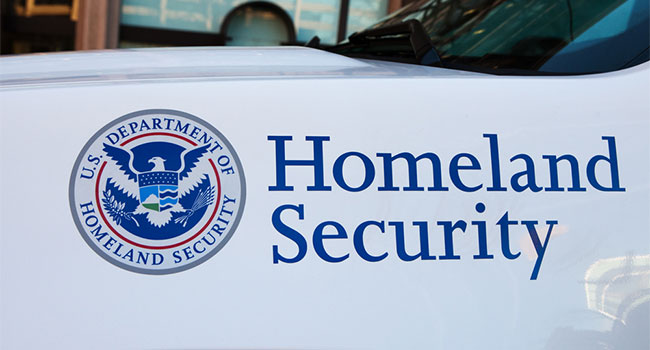
Department of Homeland Security Plans to Use Facial Recognition to Track Transnational Gang Activity
The request for proposals for a “gang intelligence application” reflect the agency’s growing ambitions in using facial recognition and other new tech to identify and arrest criminals.
- By Haley Samsel
- Mar 31, 2020
The Department of Homeland Security is asking for proposals for a cloud-based biometric facial recognition application that could assist law enforcement agents in tracking and dismantling transnational gang operations in the Washington, D.C. region, according to BiometricUpdate.com.
The solicitation for a “Gang Intelligence Application,” which was issued last week, shows how Immigrations and Customs Enforcement is beginning to explore even more ways to use facial recognition in its enforcement efforts, particularly when it comes to terrorists and gang activity.
DHS officials stated that the app will be based on a gang intelligence database that was developed to track and identify gang members in Lehigh County, Penn. The chosen vendor must present evidence that its application could be integrated with the “Noblis Horus facial recognition system,” a program used by DHS to track movements of gang members and their potential associations with other criminals.
In addition, the contractor must provide access control protocols for DHS investigators, provide analysis that could show patterns or evidence of gang activity and develop a data management plan for the new gang database. Information tracked in the system could include videos, documents, social media information, associates, weapons, locations and vehicles.
“The application shall ensure that [DHS investigators’] data is retained on three-year and five-year cycles to be compliant with both the state and federal regulations,” the DHS request reads. “The Contractor shall develop a dashboard overview of gang populations based on geography (county, state, region, or nation) as well as profiles on individual gangs, gang sets and gang members.”
Amidst the call for proposals, DHS is also planning an overhaul of a new recordkeeping system of biometric administrative records, which would exempt portions of the system from the Privacy Act of 1974, according to BiometricUpdate.com. Those exemptions would be granted in order to protect the identities of informants and protect the privacy of third parties, the agency says. The new regulations for the system go into effect on April 10.
ICE and DHS have already been the target of outrage from civil liberties groups. In November, The Project on Government Oversight filed suit against ICE after the agency did not “adequately respond” to the organization’s requests for documents related to facial recognition tech.
And just this March, the American Civil Liberties Union (ACLU) sued DHS in hopes of forcing the agency to turn over its records relating to the use of facial recognition in airports. As the agency continues to expand its facial recognition ambitions, it is likely to face more scrutiny from the ACLU and groups like it.
“That we even need to go to court to pry out this information further demonstrates why lawmakers urgently need to halt law- and immigration-enforcement use of this technology,” ACLU staff attorney Ashley Gorski wrote in a blog post, referring to facial recognition. “There can be no meaningful oversight or accountability with such excessive, undemocratic secrecy.”
About the Author
Haley Samsel is an Associate Content Editor for the Infrastructure Solutions Group at 1105 Media.